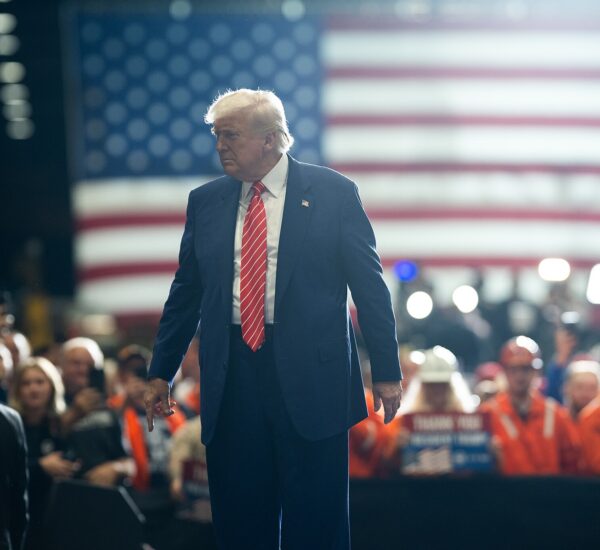Trump’s E. Jean Carroll Case Gets Thrown Out?
On Friday, former President Donald Trump appeared before a federal appeals court to challenge a significant legal defeat involving writer E. Jean Carroll. Trump’s legal team argued for a new trial in the lawsuit where Carroll accused him of abuse and defamation, resulting in a jury verdict that required Trump to pay $5 million.
The central issue in the appeal was whether the trial judge had erred by permitting the jury to hear testimony from two other women who alleged assault by Trump, as well as the notorious “Access Hollywood” tape. In this tape, Trump is recorded making inappropriate comments about women. Circuit Judge Denny Chin highlighted the difficulty of overturning a jury verdict based solely on evidentiary rulings.
The three-judge panel from the 2nd U.S. Circuit Court of Appeals, all appointed by Democratic presidents, conducted a brief but thorough review of the arguments. The session lasted less than half an hour, adhering closely to the scheduled time.
Carroll’s lawsuit, which went to trial last year, centered on her claims that Trump assaulted her in a department store dressing room in the 1990s and then defamed her when she publicly spoke out during Trump’s presidency. Although the jury awarded Carroll $5 million, Trump maintains his innocence and has consistently denied the allegations.
Trump himself attended the hearing, a notable departure from his previous absence during the trial, where he had initially blamed his legal team for the unfavorable outcome. In a separate case, Carroll also secured an $83.3 million judgment from Trump for additional defamation claims, although that verdict was not under consideration by the 2nd Circuit on Friday.
A major point of contention was whether the trial judge’s decision to allow testimonies from the two additional accusers—one from a 1979 airplane incident and another from a 2005 magazine interview—was a misstep. Trump’s attorney, D. John Sauer, argued that the federal evidence rules did not support the inclusion of these testimonies and described the case as a “quintessential ‘he said, she said’ case.” Sauer, known for his successful arguments before the Supreme Court, was advised by a judge to slow down during his presentation due to his passionate delivery.
Roberta Kaplan, representing Carroll, countered that despite the high-profile nature of the case, it was fundamentally about the application of standard federal evidence rules. Kaplan, who gained recognition for advocating against federal discrimination of same-sex couples, argued that any potential errors by the trial judge were harmless and should not invalidate the jury’s decision.
The hearing took place in Manhattan, close to where Trump faced a separate criminal conviction earlier in the year. Observers noted the courtroom was notably crowded, underscoring the high-profile nature of this ongoing legal battle.






